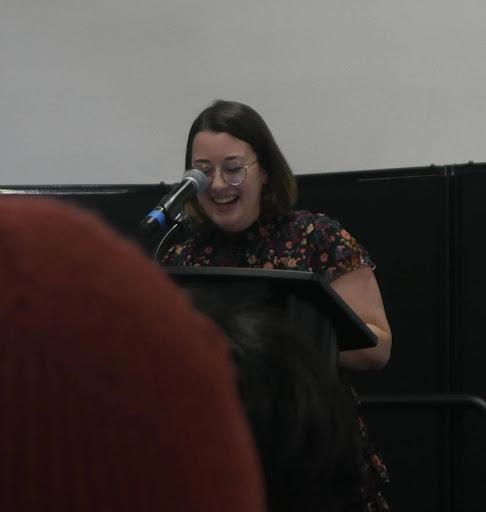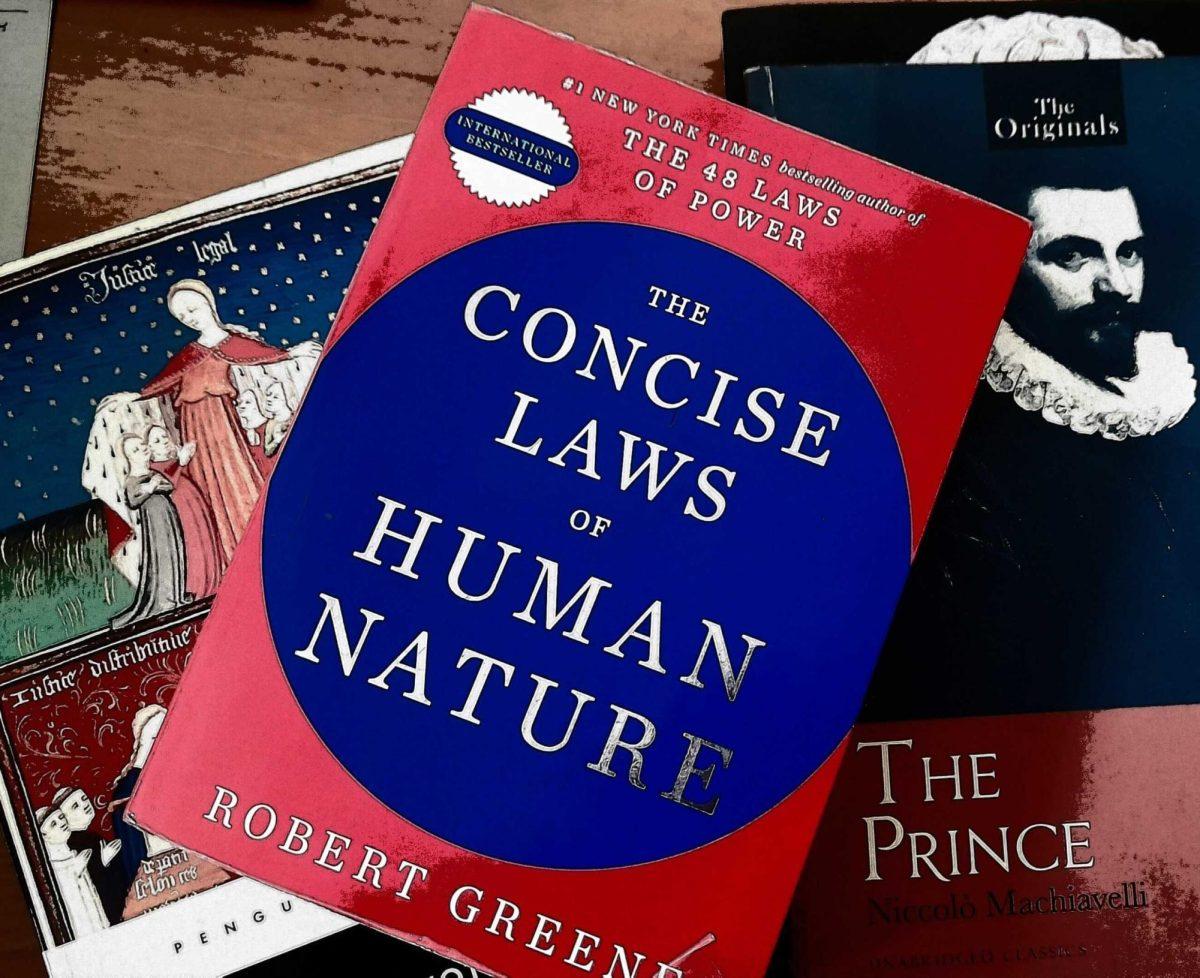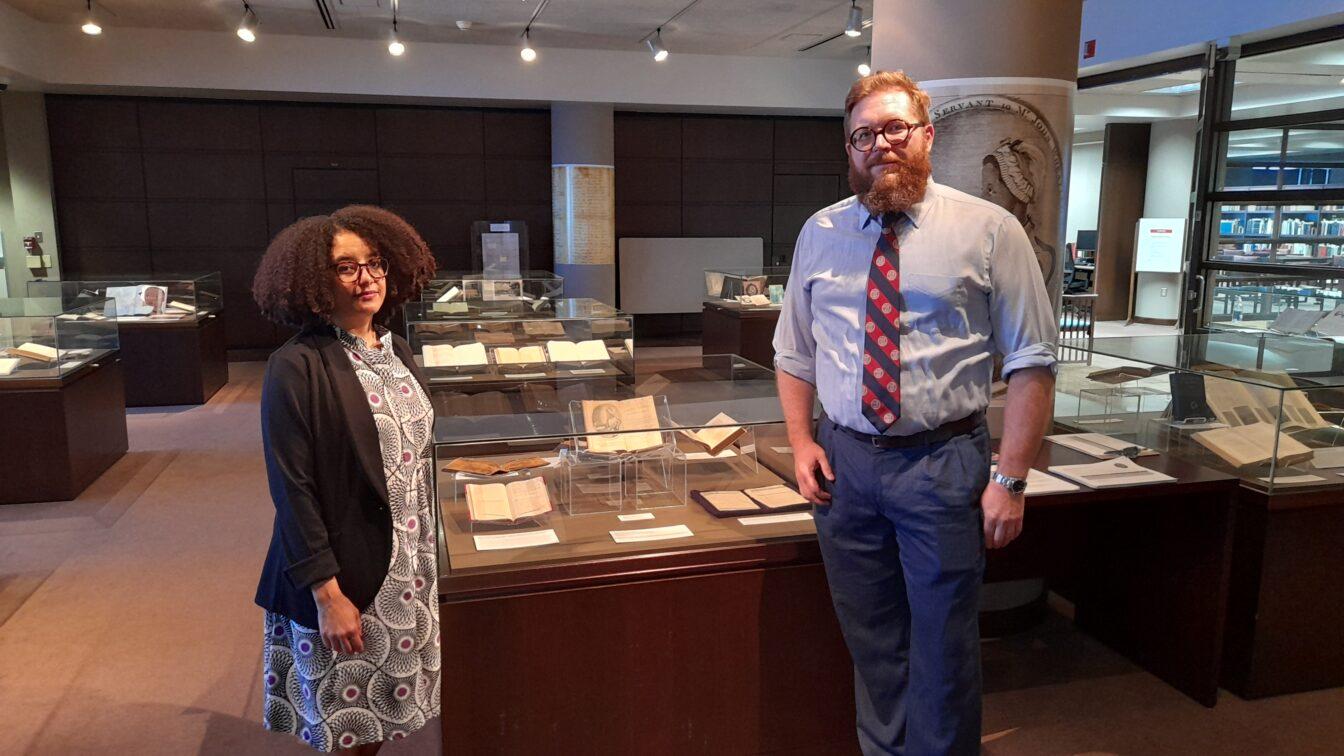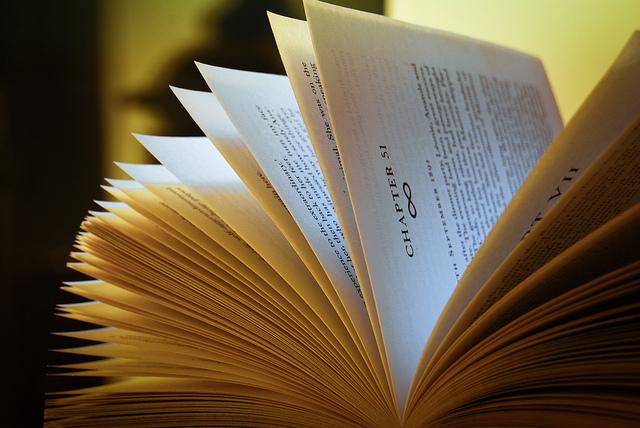A Room of One’s Own bookstore welcomed author Erika Janik for a reading and talk about her latest book, “Pistols and Petticoats.”
Janik is the current producer and editor of the Wisconsin Public Radio series “Wisconsin Life.” Her previous writing has landed her recognition in outlets such as Smithsonian, Mental Floss and Midwest Living. Her latest novel deals with women in the police force and how the actions of noteworthy women have pioneered opportunities for women today.
Janik began her work when she came across Cora Strayer’s advertisement for a private investigation business. The advertisement was a 19th century print of a Chicago newspaper. From here, Janik became interested in researching other women in the criminal field, both fictional and real.
“Not knowing where this was going, I just started reading a lot of 19th century detective novels,” Janik said.
The novel deals with real and imaginary women in the field of investigation. Even though they were going against the grain of society, their courage has paved the way for today’s female police force.
StoriesEtc: ‘Dog Skin Mittens’ tells chilling childhood story
Many people may not associate women as being detectives or authors of crime novels, but Janik quickly pointed out during her talk, the first full-length English detective novel was in fact written by a woman under the pen name of Metta Victor. Her detective novel was an important step forward for women in the field of investigation.
In the 1920s, society became obsessed with mysterious crime stories. All media had crime stories — film, radio and, in time, television. Women slowly became portrayed as detectives in these stories.
But as the number of actual women detectives was increasing in the mid-20th century, the representation of women as detectives was declining. It wasn’t until the 1970s that media began to increase their representation of women, following reform and legislative actions demanding more responsibility and power as policewomen.
“Women couldn’t be promoted within the department, if you were a policewoman that was your rank forever,” Janik said. “A female officer in New York City sued to be able to take the exam for a promotion. She won her case and took the test and became a sergeant.”
This year’s Oscars made history for more than just the mix-up
It was victories such as this one that inspired a surge in women detectives in the work of writers in the 1970s. Other victories included women being allowed to go on street patrol, which first occurred in Indianapolis in 1968. Prior to these achievements, women in the police force had very different duties than they do today.
“The first women that did join the force, they didn’t do standard police work,” Janik said. “They did a lot of protective work. They were really looking out for other women and children.”
As courageous women began to challenge the norm, things began to change. One might expect the pioneering efforts of these strong women to heavily impact the number of women in the police force today, but statistics presented by Janik, unfortunately, prove otherwise.
In the country as a whole, around 13 percent of police officers are women, according to Janik. As for total police chiefs in the country, less than 1 percent are women. Here in Madison, however, women are defying those statistics. Over 30 percent of the Madison force is women, according to Janik.
An even more shocking fact is that women were not given a standard police force uniform until the 1980s. The rise of women in the criminal justice field is happening at a very slow rate, but gains are still being made. Female trailblazers challenged the social norms of their time and their achievements are being forever remembered in Janik’s novel.



















